I Don't "Read" Good Books.
Yes, you read that right. I, Rebecca Lovatt, don’t read good books. Sure, I’ve stated that books are good, exceptional, fantastic, wonderful, or whatever other words I may have used in reviews, and that’s true, they are good. I just don’t read them.
Or rather, it would be more honest to say I don’t consciously read entire books. I have yet to finish a well written novel where I didn’t read any of it. Perhaps I will come across such a book where that’s possible one day, but that day has not yet come. (As a side note, if you believe me to be talking about audiobooks, it is my absolute pleasure to inform you that you are in fact, wrong.)
Think back to your favourite novel. What is it like, reading it? Is it just many words on many pages? Or is it an adventure? Stories, characters — friends, lives lost and friends made? You don’t love the words themselves, for while the words creates the world, if those same words were put into a scrambler, they would be meaningless. It’s the authors job to make sense of such words, and to place them just so. Transforming letters and symbols into magic, distant lands, friends and enemies you’ve never met.
When we read great books, our world and our imagination are transformed. Within those hours that we’re engrossed in a story, we’re no longer in our beds, on the train, or wherever else you might have been. You’re in Hogwarts, freeing Sirius Black, in Westeros, exploring beyond the Wall, or your on the road to Tinue.
So when I say I don’t read good books, I mean exactly that. If a novel is truly great, you can’t *just* read it word for word. At some point — and the exact moment can be hard to pinpoint, the story begins to play out. No longer are you reading about the characters, you’re watching them as they rise in their moment of glory, and as they fall and hope seems to fail. You’re watching as empires collapse, and waiting with abated breath as Light fails and darkness takes reign –urging the protagonist on, unwilling to believe that their journey could all be for naught.
There’s sadness too, as stories come to a close, knowing that you’ll never again share a new adventure with those beloved friends, that you will never see if they have a chance to live that quiet, happy life they so desired, or reign over a Golden Age, living happily ever after until the end of their days. There’s solace too, in knowing that those fantastical worlds can always be revisited, even if it is only for a while — going back to memories, knowing what is to come yet discovering more with each reread.
I must apologize, I didn’t intend for this post to be a spew of sentimentality of reading. There is a purpose to all of this, I assure you.
This all stemmed from my the question I hate most: “What’s so good about this series?” or a variation thereupon “What makes this book good for you?” I know I’ve done a post on “What Makes a Book ‘Good’?” looking back at it though, that post doesn’t even begin to scratch the surface, when looking at the grand scope of fantastic literature, and I would be a fool if I thought otherwise.
In that one post, I talked about description — my opinions on which have not changed. Description is one of the key factors in what makes a quality book, for some people at least, though as it was pointed out to me some months ago, that there are those who completely disagree with that sentiment. I was emailing with an author back in December and he commented that he doesn’t waste time with descriptions as he finds them boring, but instead focuses more on the human qualities of his characters. To many people, that may well be the case. I’ve read many reviews where readers have complained about the abundance of description in particular novels (the first that comes to mind is Robert Jordan’s The Wheel of Time series) where to me, it just fits and seems perfect.
Looking past my love for description — as it would be better if I didn’t just make another post lamenting my love for it. When we read a book which drags us in by the scruff of our neck, and refuses to let us go until well after the last page, there’s so much more than any one thing which allows it to do so. Whether it’s just the story itself, the characters, the world, the premise, or the opportunity to escape our lives for an afternoon. There’s no one thing which makes a book “good”, and in my opinion any story will fall flat without having multiple aspects working for it, whatever it is they may be.
The best writing — the best words are not the ones that are consciously seen on the page, they’re the ones that worm their way into the heart’s of readers, the ones that find themselves in cherished spots in open minds — leaving a lasting impression. They’re the ones that make the book more than just words on a page. They’re the ones that transform books into stories, and stories into the homes of imaginations; the destination of wandering minds and hungry souls.
Related articles
- To read a book… (emabeesart.wordpress.com)
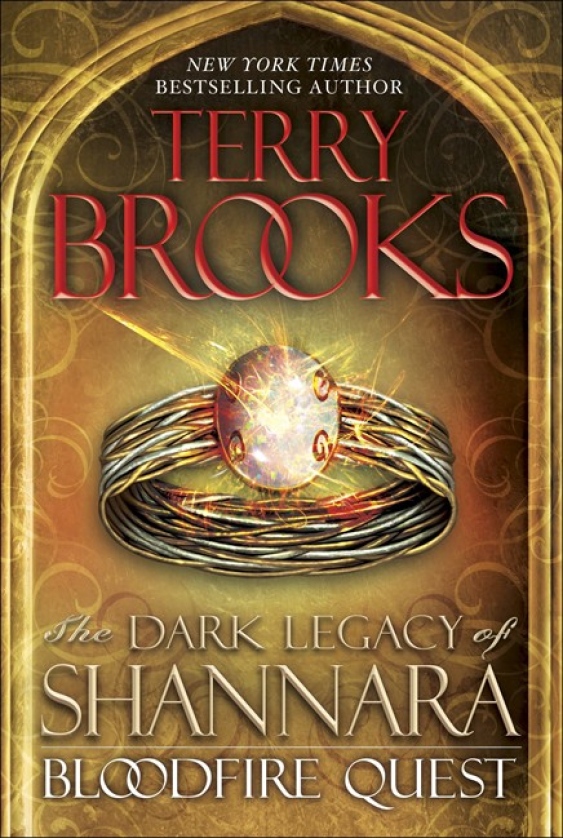
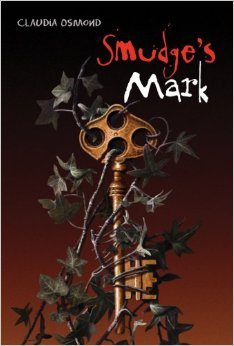
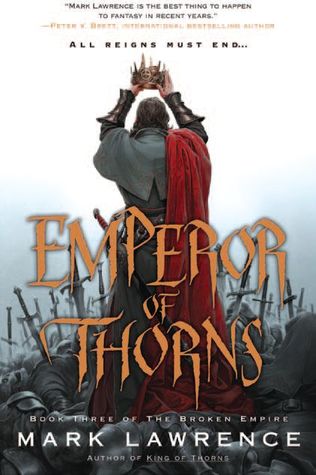
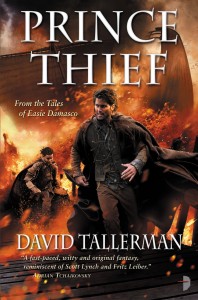
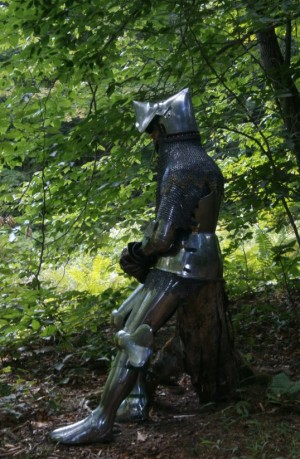
4 Comments
EmaBeesArt
great piece – not nonsensical to me at all! I completely identify.
RLovatt
Thank you! :)
ebookwyrm
Spot on Rebecca.
A good book isn’t read, it is lived.
A very good post.
RLovatt
Thank you Andy! I’m glad you enjoyed it. I was kind of worried this would be nonsensical to most people.